Home>Garden Essentials>How Much Flax Seeds Should I Eat A Day
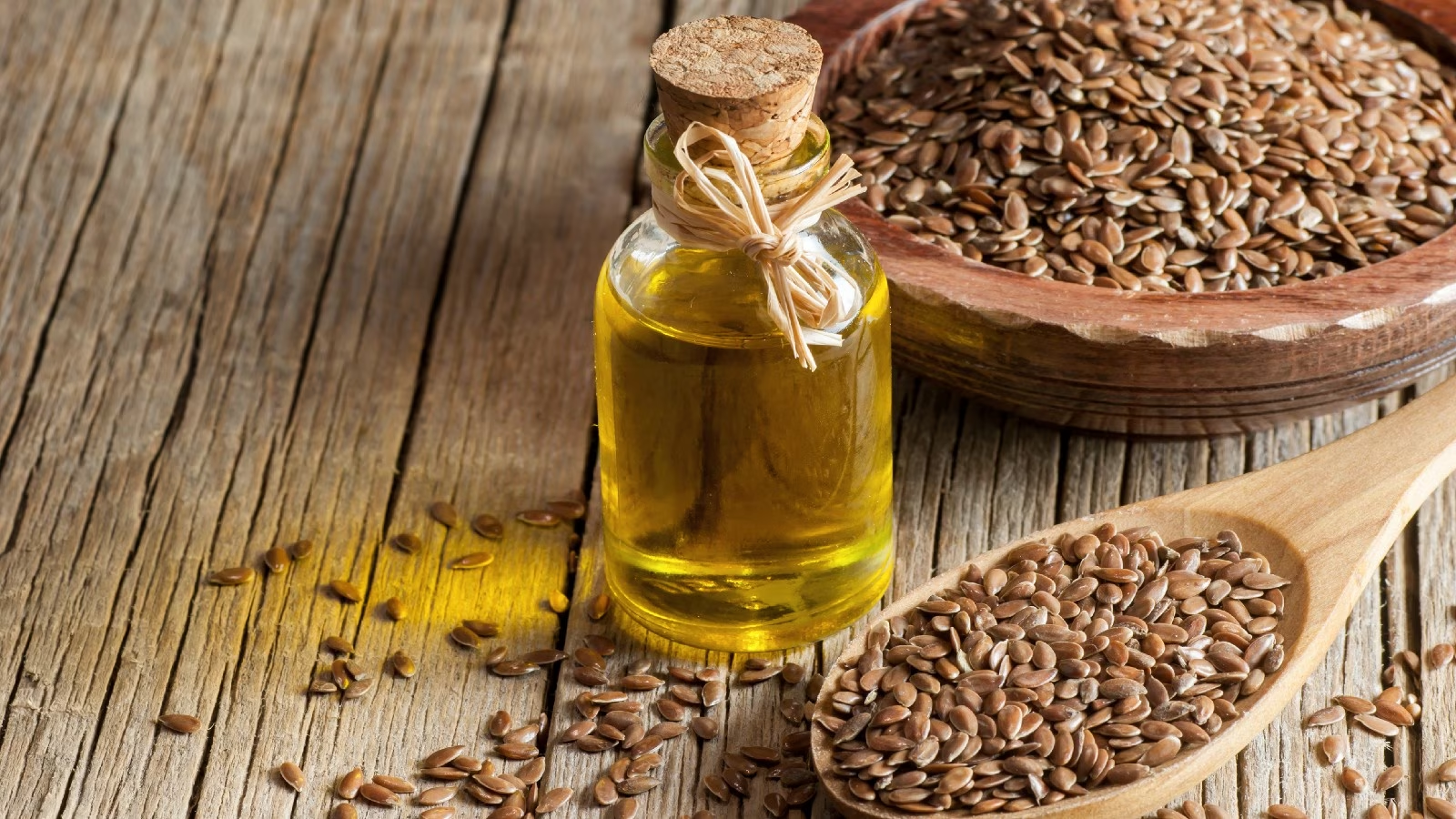

Garden Essentials
How Much Flax Seeds Should I Eat A Day
Modified: March 15, 2024
Discover the recommended daily consumption of flax seeds in your garden! Learn how much flax seeds you should eat a day and unlock their incredible health benefits.
(Many of the links in this article redirect to a specific reviewed product. Your purchase of these products through affiliate links helps to generate commission for Storables.com, at no extra cost. Learn more)
Introduction
Welcome to the world of flax seeds – a tiny but mighty superfood that has gained significant popularity for its numerous health benefits. Flax seeds, also known as linseeds, are derived from the flax plant (Linum usitatissimum) and have been consumed for centuries.
With their nutty flavor and crunchy texture, flax seeds add a delicious twist to any dish, making them a versatile ingredient in various cuisines. What sets flax seeds apart, however, is their exceptional nutritional profile, packed with essential nutrients that support overall well-being.
In this article, we will explore the benefits of flax seeds, their nutritional composition, and how much you should consume daily. We will also discuss important factors to consider when incorporating flax seeds into your diet and potential side effects of excessive consumption.
So, whether you are a health-conscious individual seeking to boost your nutrient intake or simply intrigued by the wonders of flax seeds, read on to discover all you need to know about incorporating this powerful superfood into your daily routine.
Key Takeaways:
- Flax seeds offer numerous health benefits, including promoting heart health, supporting hormonal balance, and boosting digestive health. Consuming 1-2 tablespoons daily can enhance overall well-being.
- While flax seeds are rich in nutrients, moderation is key. Start with small amounts, gradually increase intake, and consider grinding the seeds for better absorption. Consult a healthcare professional for personalized guidance.
Read more: How Much Pumpkin Seeds Should I Eat Per Day
Benefits of Flax Seeds
Flax seeds offer a wide range of health benefits, making them a valuable addition to your diet. Here are some of the key benefits:
- Rich in Omega-3 Fatty Acids: Flax seeds are one of the best plant-based sources of omega-3 fatty acids, specifically alpha-linolenic acid (ALA). These essential fatty acids play a crucial role in brain health, reducing inflammation, and supporting heart health.
- High in Fiber: Flax seeds are an excellent source of dietary fiber, both insoluble and soluble. This fiber content aids digestion, prevents constipation, and promotes a feeling of fullness, which can help with weight management.
- Promotes Heart Health: The omega-3 fatty acids present in flax seeds may help lower cholesterol levels and reduce the risk of heart disease. Additionally, flax seeds contain compounds called lignans, which have been linked to improved heart health.
- Supports Hormonal Balance: Flax seeds are a rich source of phytoestrogens, plant compounds that mimic the hormone estrogen. These compounds may help balance hormone levels in women, potentially reducing symptoms of menopause and promoting overall hormonal health.
- Protects Against Cancer: Due to their high lignan content and antioxidant properties, flax seeds have been studied for their potential cancer-fighting properties. Research suggests that consuming flax seeds regularly may help reduce the risk of certain cancers, such as breast, prostate, and colon cancer.
- Boosts Digestive Health: The combination of fiber and mucilage, a gel-like substance found in flax seeds, supports digestive health. The fiber helps regulate bowel movements, while the mucilage soothes the digestive tract and provides relief from conditions like Irritable Bowel Syndrome (IBS).
- Supports Skin and Hair Health: Flax seeds contain essential nutrients, including vitamins, minerals, and fatty acids, that promote healthy skin and hair. They help nourish the skin, reduce inflammation, and maintain the integrity of hair follicles, resulting in a radiant complexion and strong, lustrous hair.
These are just some of the many benefits that flax seeds have to offer. Incorporating them into your diet can provide a natural and wholesome way to enhance your overall health and well-being.
Nutritional Profile of Flax Seeds
Despite their small size, flax seeds are packed with essential nutrients that contribute to their impressive health benefits. Here is a breakdown of the key nutrients found in flax seeds:
- Omega-3 Fatty Acids: Flax seeds are particularly rich in alpha-linolenic acid (ALA), a type of omega-3 fatty acid. Omega-3 fatty acids are essential for brain health, reducing inflammation, and supporting heart health.
- Fiber: Flax seeds are an excellent source of dietary fiber, containing both soluble and insoluble fiber. Soluble fiber helps regulate blood sugar levels and lowers cholesterol, while insoluble fiber adds bulk to the stool, aiding digestion and preventing constipation.
- Protein: Flax seeds are a good plant-based source of protein, with approximately 20% protein content by weight. Protein is essential for building and repairing tissues, supporting muscle growth and maintenance, and providing a feeling of satiety.
- Lignans: Flax seeds are the richest known source of lignans, a type of plant compound with antioxidant properties. Lignans have been associated with various health benefits, including reduced risk of heart disease and certain types of cancer.
- Vitamins and Minerals: Flax seeds contain a range of vitamins and minerals, including vitamin B1 (thiamine), vitamin B6, vitamin E, iron, magnesium, phosphorus, and potassium. These nutrients play vital roles in energy production, immune function, bone health, and maintaining overall well-being.
- Phytoestrogens: Flax seeds are a rich source of phytoestrogens, which are plant compounds that can mimic the hormone estrogen in the body. These compounds have been studied for their potential role in hormonal balance and reducing menopausal symptoms.
It’s important to note that the nutritional profile of flax seeds can vary slightly depending on factors such as growing conditions and processing. However, overall, flax seeds provide a potent combination of nutrients that can greatly contribute to a balanced and nutritious diet.
Daily Recommended Intake of Flax Seeds
When it comes to incorporating flax seeds into your daily diet, moderation is key. While flax seeds offer numerous health benefits, it’s important to consume them in the right quantities to avoid any potential side effects. The recommended intake of flax seeds may vary depending on factors such as age, sex, and overall health. Here are some general guidelines to consider:
For Adults:
The daily recommended intake of flax seeds for adults is typically around 1 to 2 tablespoons (about 10-20 grams) of whole flax seeds or 2-4 tablespoons (about 20-40 grams) of ground flax seeds. It is important to note that the body can absorb the nutrients from ground flax seeds more efficiently than whole flax seeds. Therefore, it is advisable to grind the flax seeds before consumption for maximum nutritional benefit.
For Children and Adolescents:
The consumption of flax seeds in children and adolescents is generally safe, but it is recommended to consult with a healthcare professional for appropriate serving sizes based on the child’s age and overall dietary needs.
It’s important to gradually incorporate flax seeds into your diet to allow your digestive system to adapt. Start with a smaller amount and gradually increase it over time to avoid any digestive discomfort.
Flax seeds can be easily incorporated into your daily routine. You can sprinkle ground flax seeds onto yogurt, oatmeal, or smoothies. They can also be used as an egg substitute in certain recipes or added to baked goods, such as muffins and bread. Additionally, flaxseed oil can be used as a salad dressing or as a substitute for other oils in cooking.
Remember to store flax seeds in a cool, dark, and airtight container to maintain their freshness and nutritional value. It’s best to consume flax seeds within a few months of grinding them to ensure maximum potency.
As with any dietary change, it’s always a good idea to consult with a healthcare professional or nutritionist to determine the appropriate intake of flax seeds based on your individual circumstances and health goals.
Aim to consume 1-2 tablespoons of ground flaxseeds per day to benefit from their high fiber and omega-3 fatty acid content. Be sure to drink plenty of water to help with digestion.
Factors to Consider for Flax Seed Consumption
While flax seeds offer numerous health benefits, there are a few important factors to consider when incorporating them into your diet:
- Digestive Tolerance: Some individuals may have difficulty digesting flax seeds, especially when consumed in large quantities or in their whole form. It is recommended to start with small amounts and gradually increase as tolerated. Grinding the flax seeds before consumption can also aid in improved digestion.
- Medical Conditions and Medications: If you have any underlying medical conditions or are taking certain medications, it’s important to consult with your healthcare provider before adding flax seeds to your diet. Flax seeds may interact with certain medications, such as blood thinners or hormone replacement therapy, so it’s essential to ensure compatibility and safety.
- Allergies and Sensitivities: While flax seeds are not a major allergen, some individuals may have allergic reactions or sensitivities to flax seeds. If you have any known allergies or a history of seed allergies, exercise caution and monitor for any adverse reactions when consuming flax seeds. If you experience any symptoms such as itching, rash, or difficulty breathing, seek medical attention immediately.
- Pregnancy and Breastfeeding: Pregnant and breastfeeding women can safely consume flax seeds in moderation. However, it’s advisable to consult with a healthcare provider regarding the appropriate intake, as there may be individual considerations and recommendations based on specific dietary requirements.
- Storage and Rancidity: Flax seeds contain oils that can become rancid when exposed to heat, light, and oxygen. To maintain freshness and prevent oxidation, store flax seeds in an airtight container in a cool, dark place. Ground flax seeds have a shorter shelf life and should be used within a few months.
By considering these factors and being mindful of any potential limitations or sensitivities, you can safely enjoy the benefits of flax seeds in your diet.
Read more: How Many Chia Seeds Should I Eat A Day
Possible Side Effects of Excessive Flax Seed Consumption
While flax seeds are generally safe for most people when consumed in moderation, excessive intake can lead to certain side effects. Here are some potential side effects to be aware of:
- Gastrointestinal Disturbances: Consuming large amounts of flax seeds, especially in their whole form, can cause digestive issues such as bloating, gas, and stomach discomfort. This is primarily due to the high fiber content of flax seeds. To avoid gastrointestinal disturbances, it is recommended to start with smaller portions and gradually increase intake while ensuring adequate hydration.
- Interference with Medications: Flax seeds contain compounds called lignans, which may have a weak estrogenic effect. This can potentially interfere with certain medications or hormonal therapies. If you are taking any medications, especially hormonal treatments or blood thinners, it is essential to consult with your healthcare provider before consuming flax seeds to avoid any potential interactions.
- Increased Caloric Intake: Flax seeds are calorie-dense due to their high fat content. Overconsumption can lead to an excessive calorie intake, which may be counterproductive for individuals aiming to lose or maintain weight. It is crucial to incorporate flax seeds into your diet mindfully and consider their calorie contribution as part of your overall energy intake.
- Allergic Reactions: While rare, some individuals may have allergies or sensitivities to flax seeds. Symptoms may include itching, rash, swelling, or difficulty breathing. If you experience any signs of an allergic reaction after consuming flax seeds, seek medical attention immediately.
- Risk of Nutrient Imbalance: While flax seeds are a rich source of certain nutrients, excessive consumption can lead to an imbalance in the diet. It is important to maintain a varied and balanced diet by incorporating a diversity of nutrient-rich foods alongside flax seeds.
It’s important to note that these side effects are typically associated with excessive intake of flax seeds. By consuming flax seeds in moderation and considering individual tolerances and medical conditions, you can effectively reap the health benefits without experiencing any adverse effects.
If you have any concerns or experience persistent side effects, it is always advisable to consult with a healthcare professional for personalized guidance and recommendations.
Conclusion
Flax seeds are a powerhouse of nutrition, offering a wide array of health benefits. From their rich omega-3 fatty acids and high fiber content to their potential impact on heart health, hormonal balance, and cancer prevention, flax seeds have proven to be a valuable addition to a well-rounded diet.
When incorporating flax seeds into your daily routine, it is important to consume them in moderation and pay attention to factors such as digestive tolerance, any underlying medical conditions or medications, and individual sensitivities. By following these guidelines, you can enjoy the benefits of flax seeds while minimizing any potential side effects.
Remember to start with small amounts, consider grinding the seeds for better nutrient absorption, and gradually increase your intake over time. Whether you choose to sprinkle ground flax seeds on your breakfast or incorporate them into your baking, there are plenty of delicious ways to include this versatile superfood in your meals.
Flax seeds are not a magic cure-all, but when combined with a balanced diet and an overall healthy lifestyle, they can contribute to improved well-being and vitality. As with any dietary change, it’s always a good idea to consult with a healthcare professional or nutritionist to ensure that flax seeds are suitable for you and align with your specific dietary needs and goals.
So, go ahead and embrace the benefits of flax seeds. Enjoy their nutty flavor, reap the rewards of their nutritional composition, and take a step towards a healthier, more vibrant you.
Frequently Asked Questions about How Much Flax Seeds Should I Eat A Day
Was this page helpful?
At Storables.com, we guarantee accurate and reliable information. Our content, validated by Expert Board Contributors, is crafted following stringent Editorial Policies. We're committed to providing you with well-researched, expert-backed insights for all your informational needs.
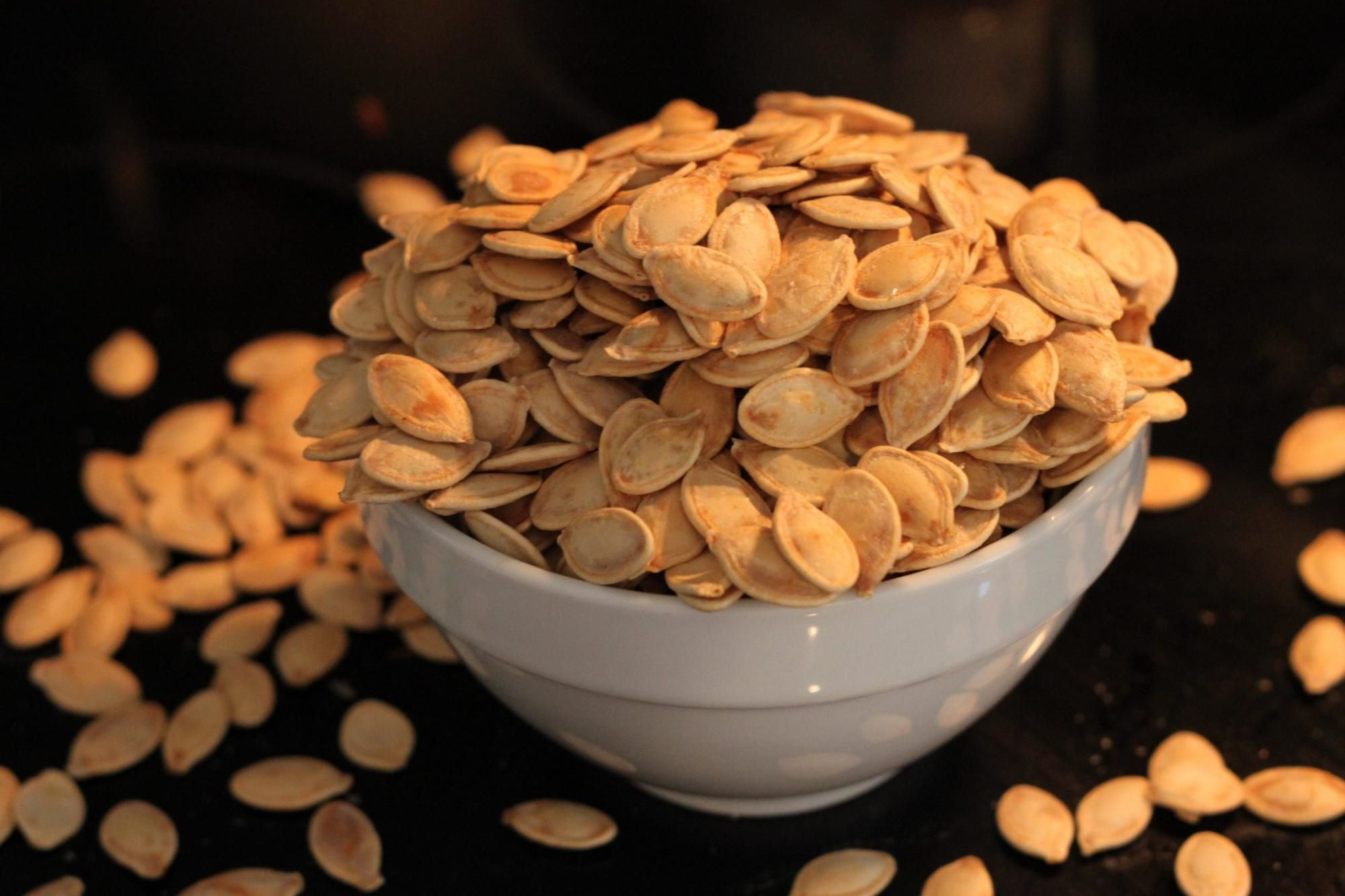
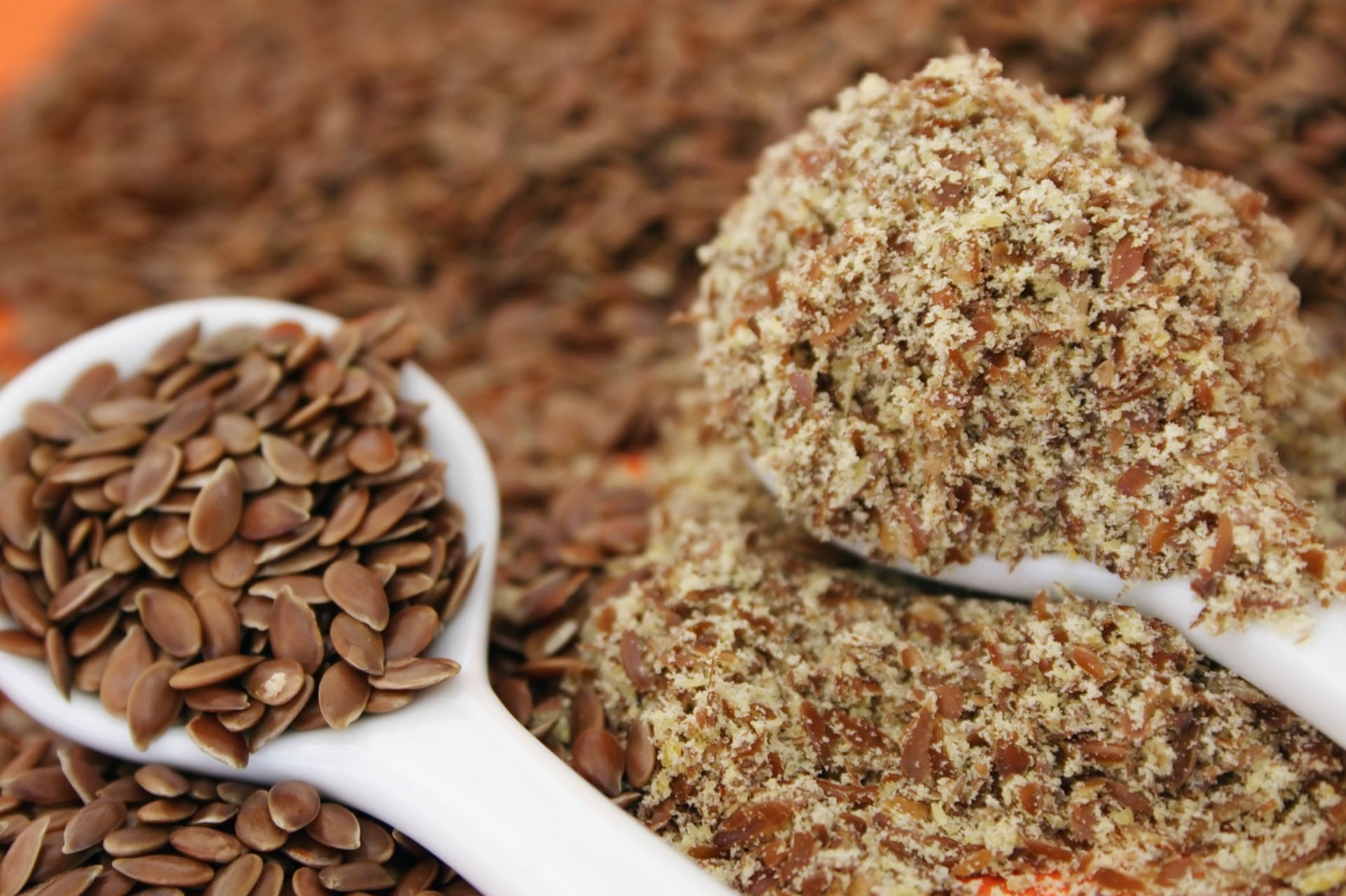
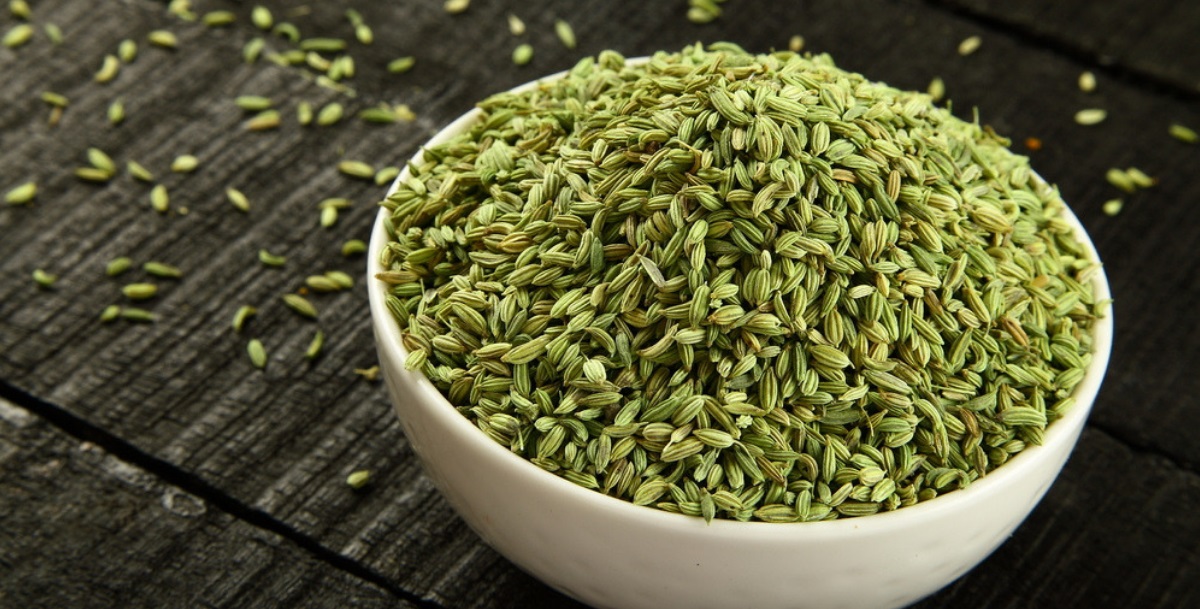
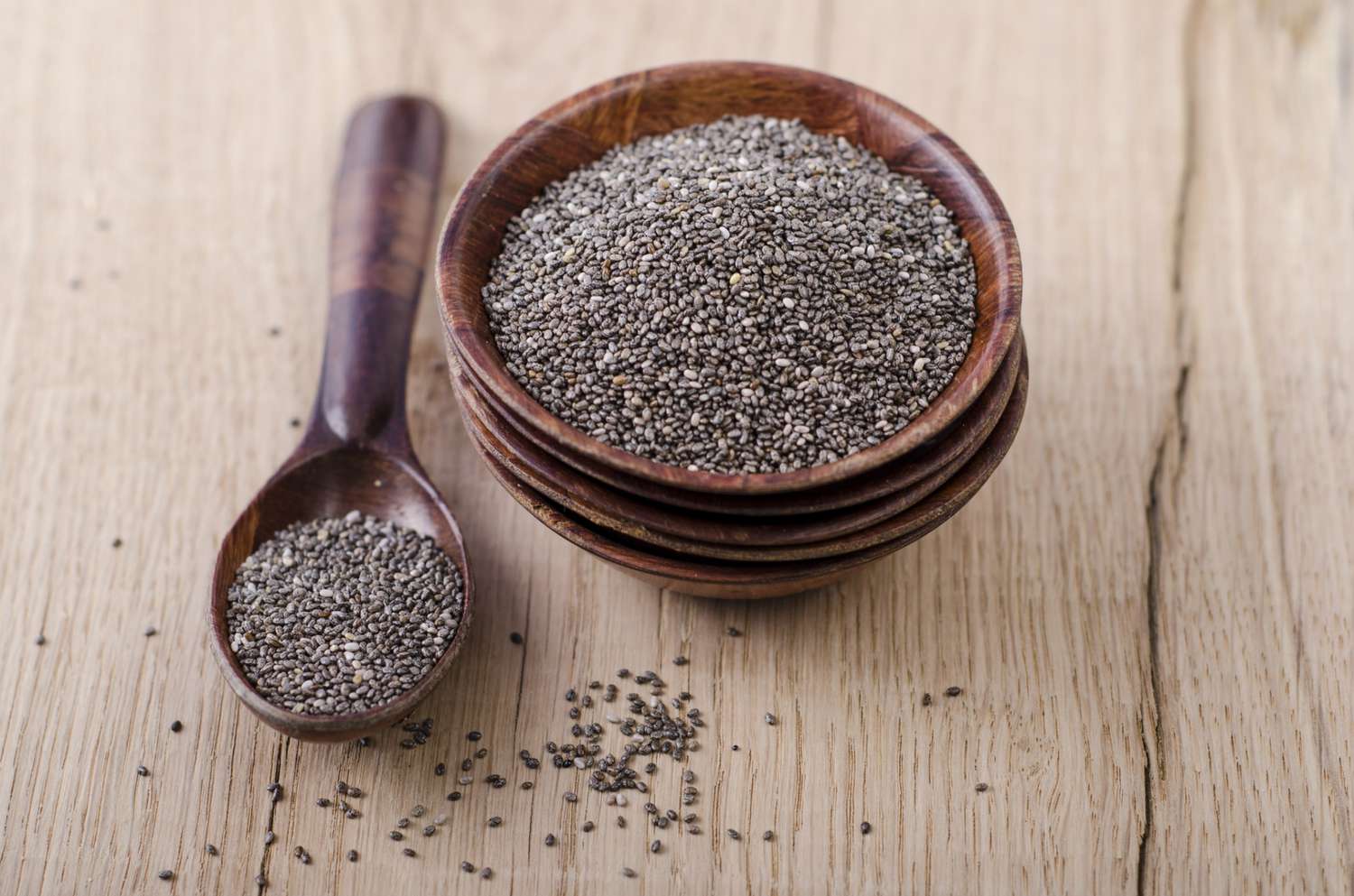
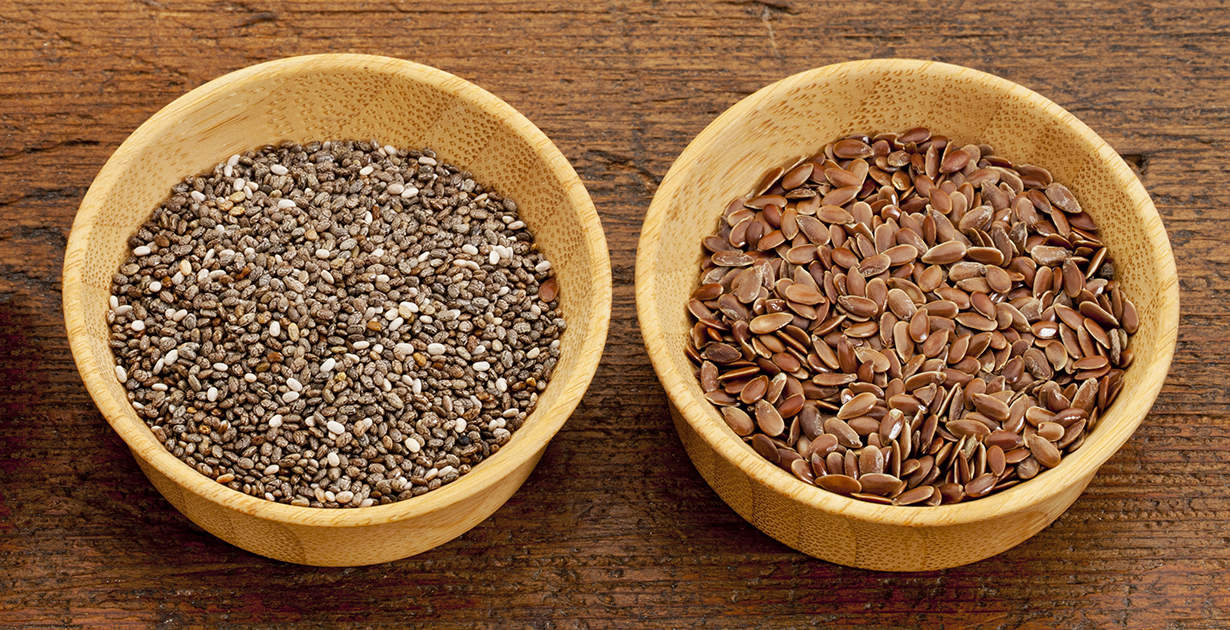
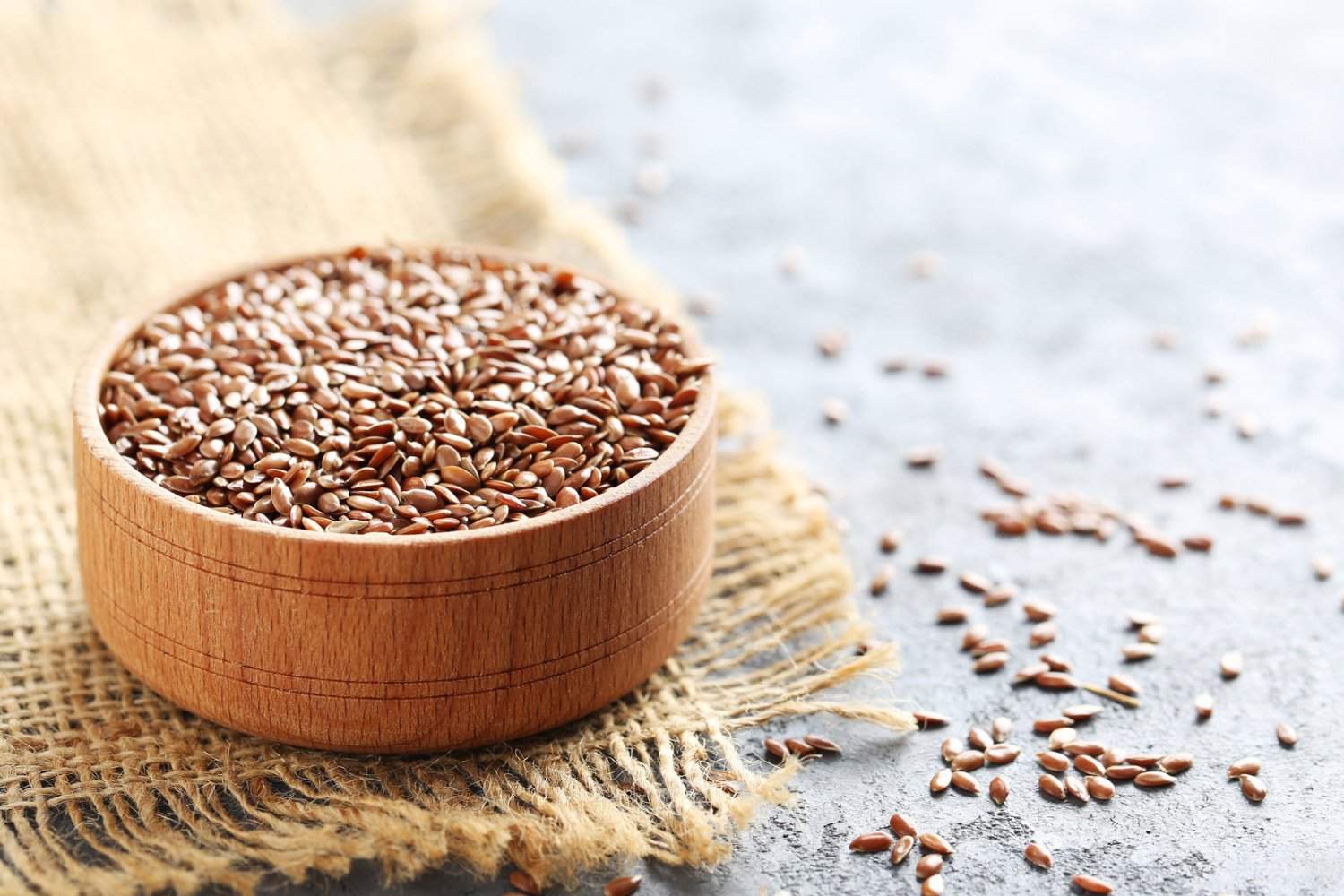
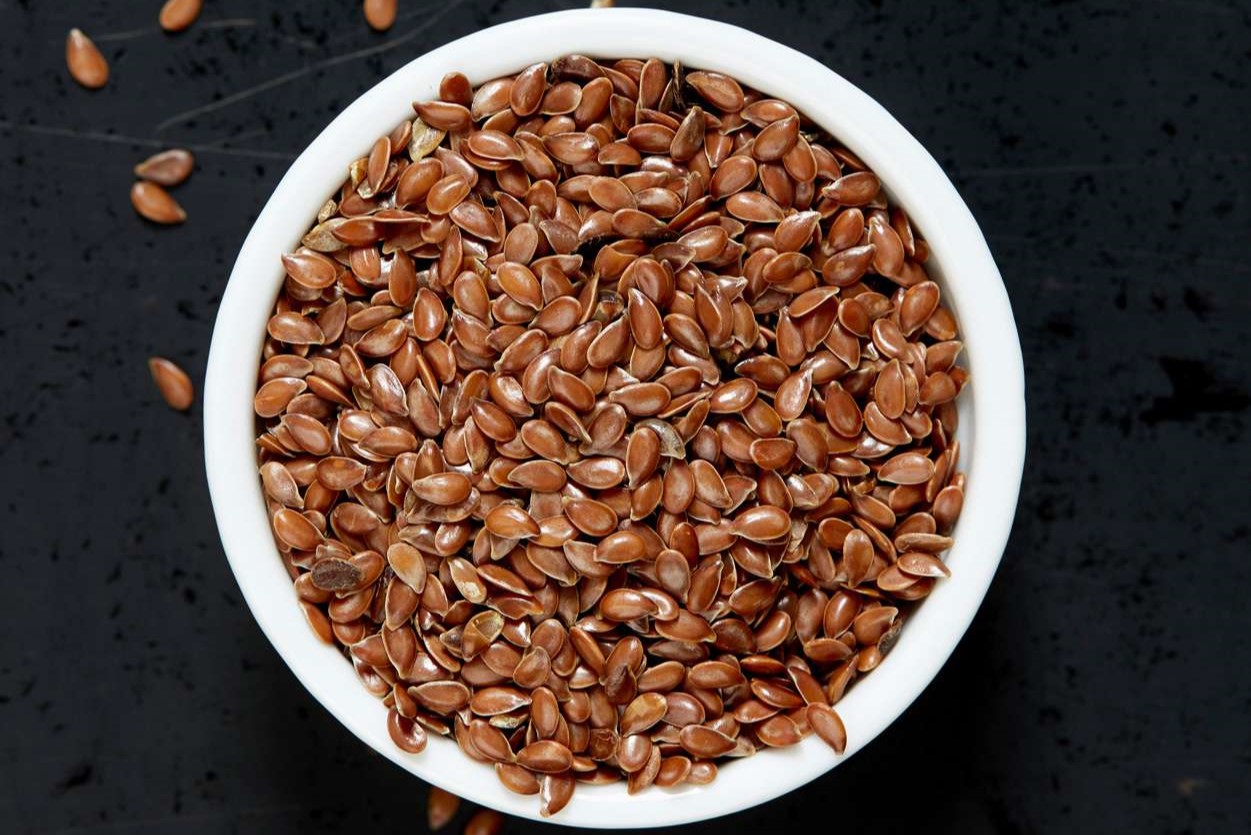
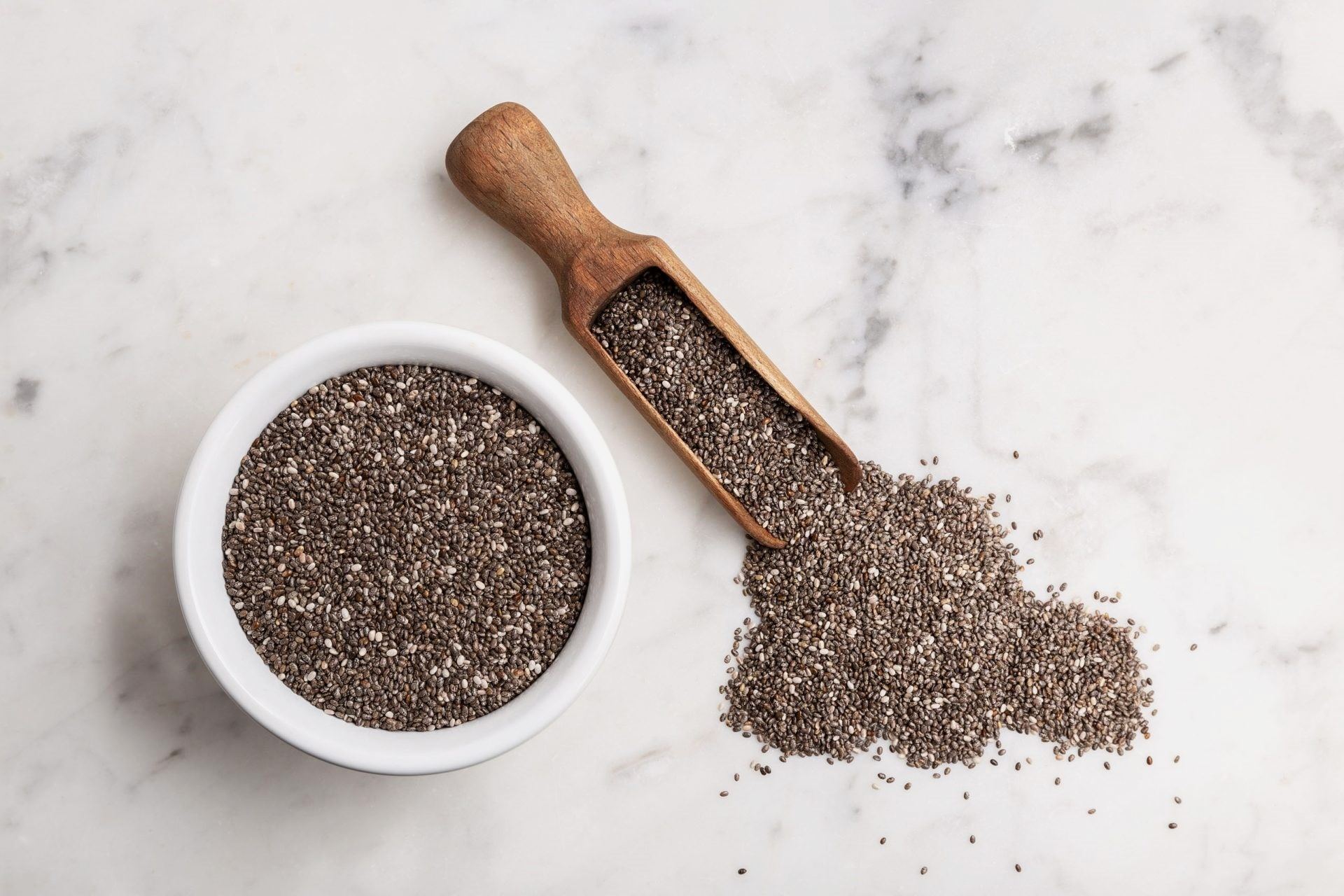
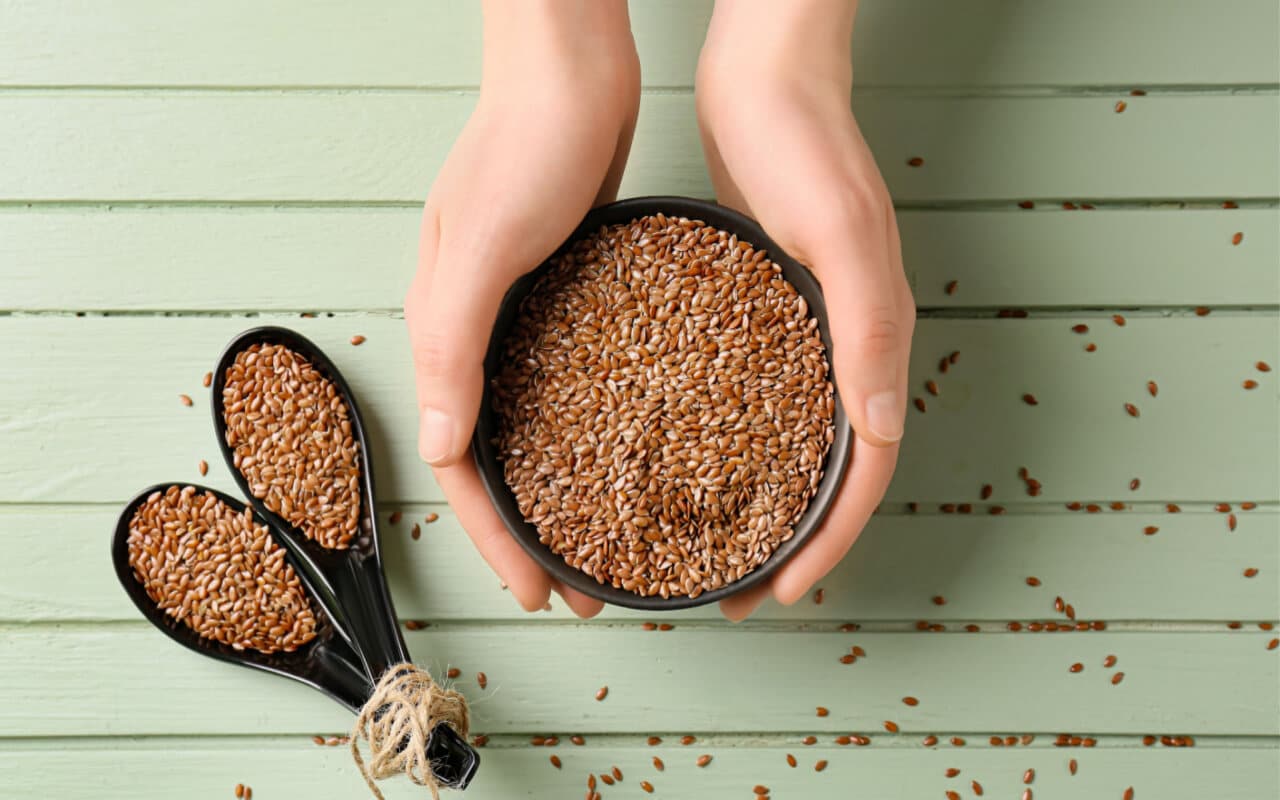
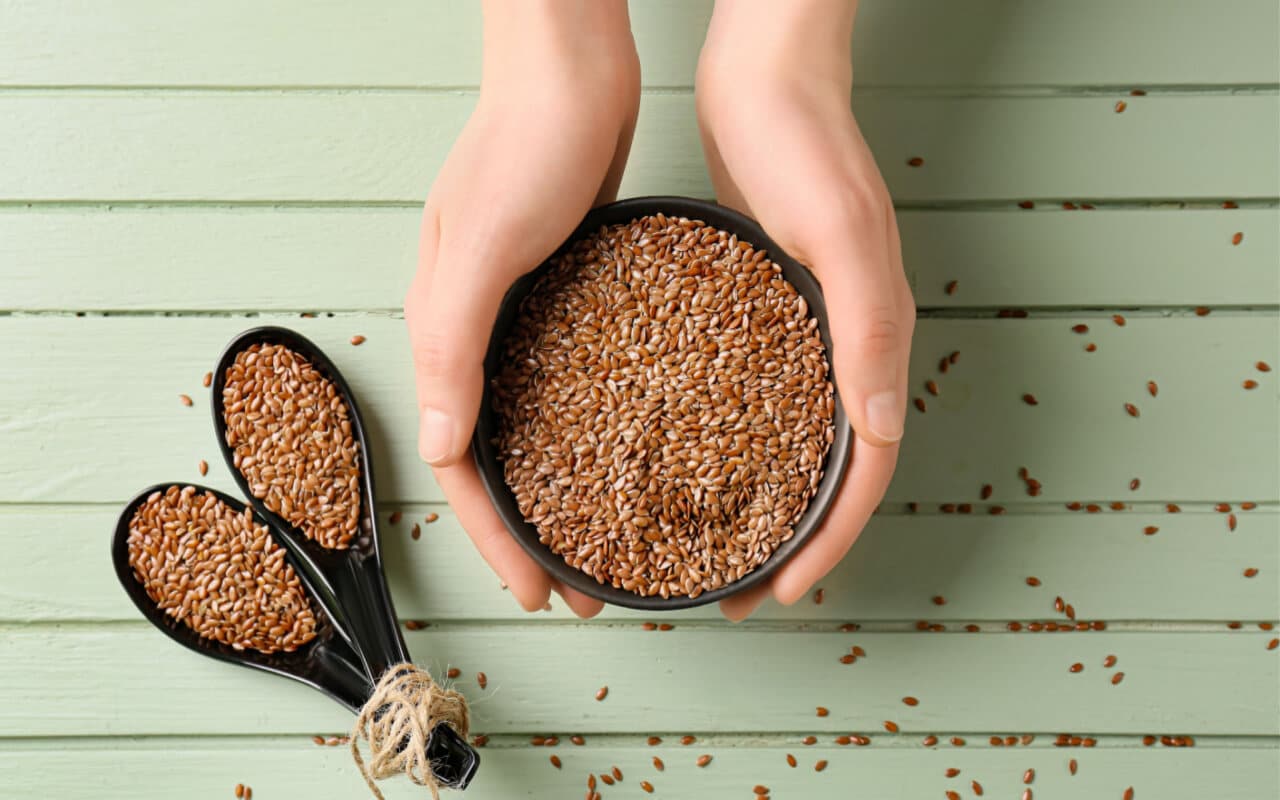
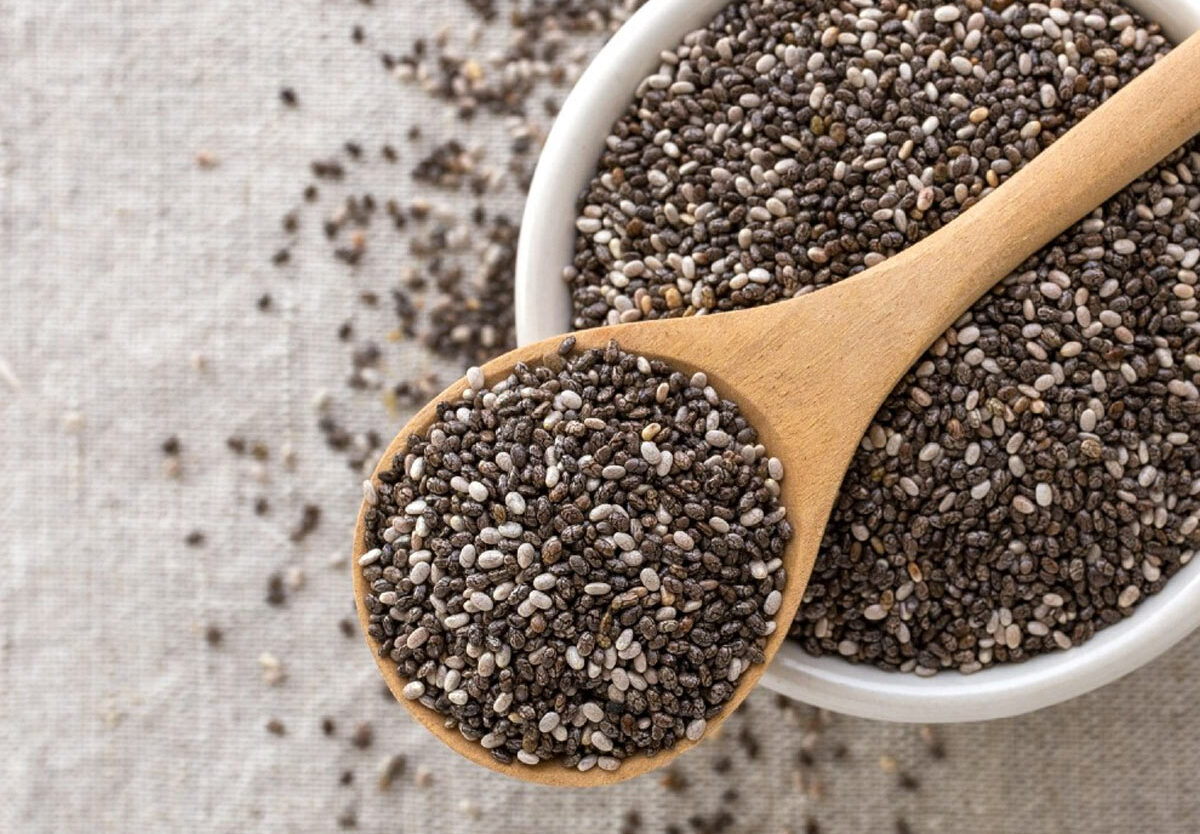
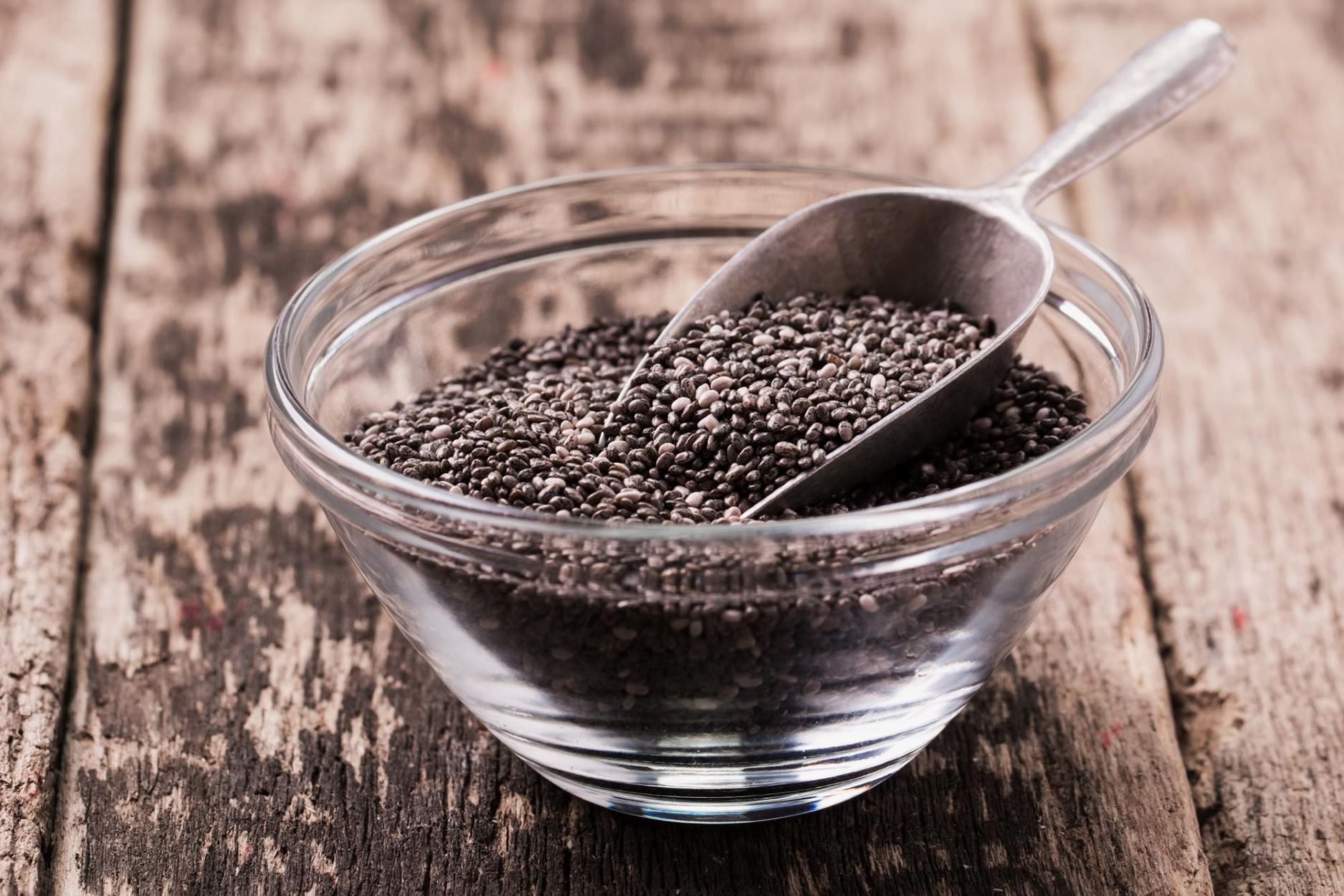
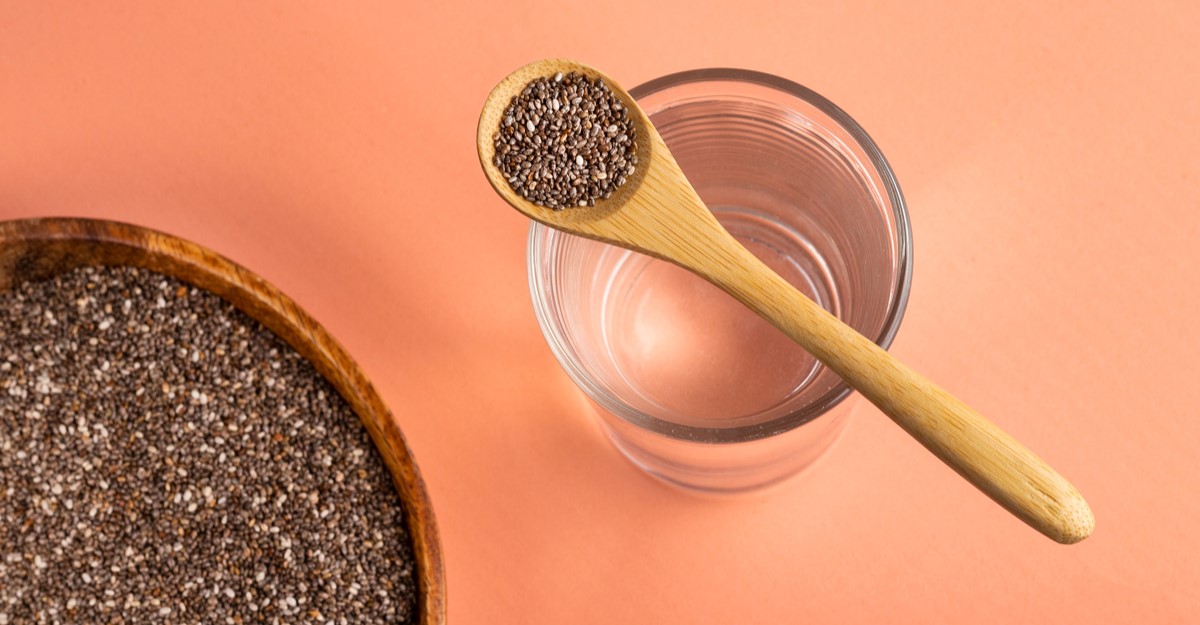
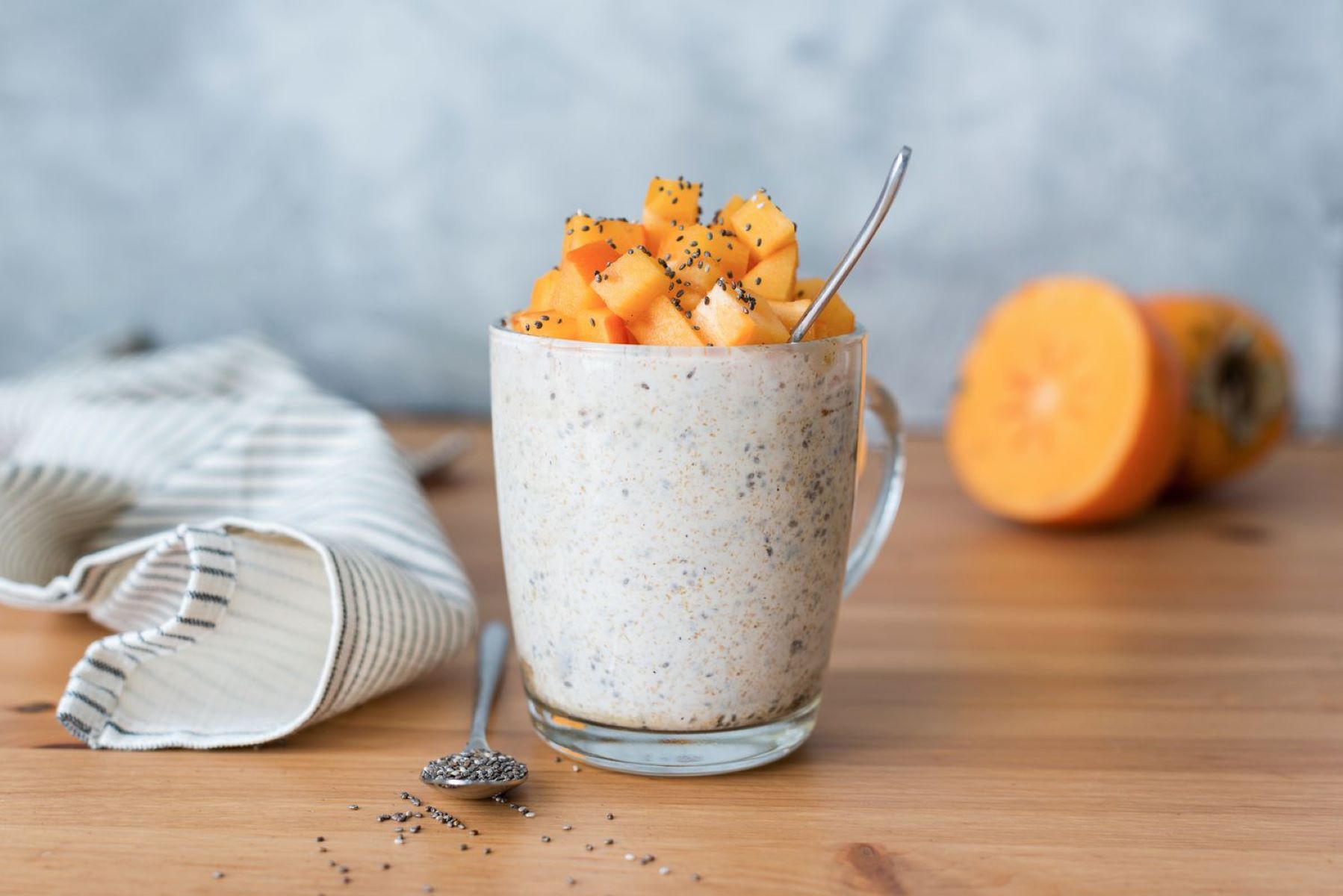

0 thoughts on “How Much Flax Seeds Should I Eat A Day”